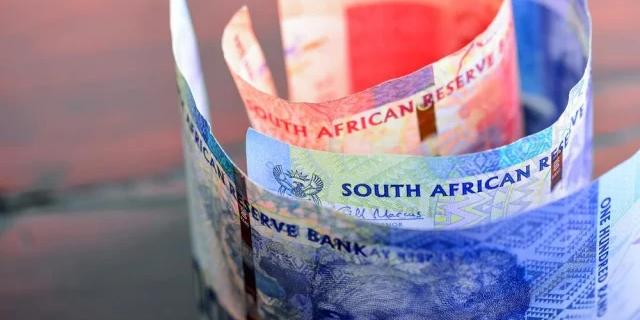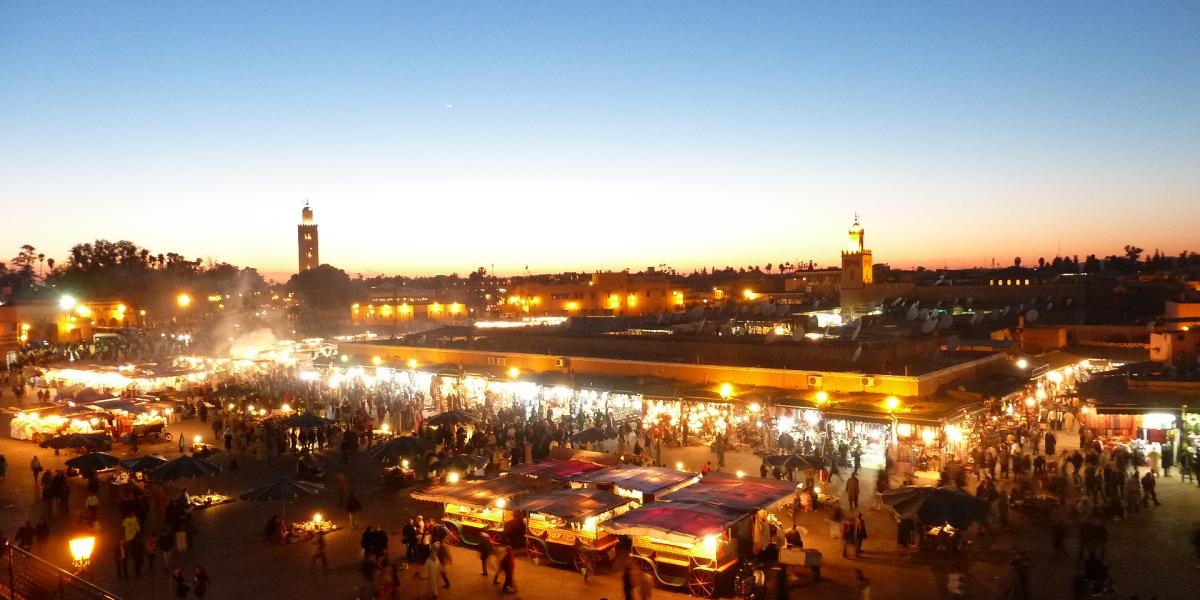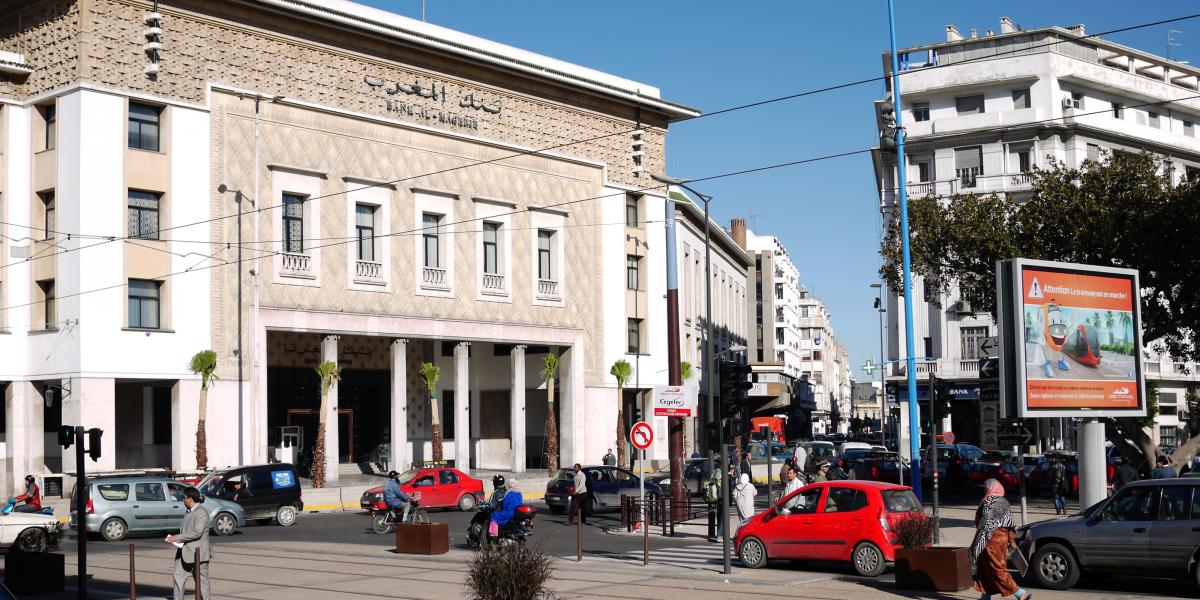South Africa : Bad news for South Africa’s wealthy and middle-class
- 21 March 2022 / News / 603 / Fares RAHAHLIA

Despite a large drop in coronavirus infections and a welcome easing of Covid-19 regulations since December, the FNB/BER Consumer Confidence Index (CCI) declined from -9 to -13 index points in Q1 2022 on the back of Russia’s invasion of Ukraine.
Consumer confidence surveys provide regular assessments of consumer attitudes and expectations and are used to evaluate economic trends and prospects. The surveys are designed to explore why changes in consumer expectations occur and how these changes influence consumer spending and saving decisions.
A breakdown of the CCI per household income shows significantly different results, with South Africa’s wealthy and middle-income earners significantly less hopeful than the country’s lower-class.
The confidence level of high-income households (earning more than R20,000 per month) declined sharply from -11 to -18 index points, while the confidence level of middle-income households (earning between R2,500 and R20,000 per month) sagged from -9 to -11 index points.
However, low-income confidence (consumers earning less than R2,500 per month) further extended its recovery from -9 to -6.
Although consumer sentiment remains downbeat across all three income groups, affluent consumers are now considerably more pessimistic about the outlook for the economy and their household finances compared to low-income households, FNB said.
“The marked decline in the confidence levels of affluent consumers can largely be explained by the alarming images of Russia’s military invasion of Ukraine, unprecedented sanctions against Russia and the unfolding economic ramifications of this conflict.
“Soaring fuel prices and another 25-basis-point hike in the prime interest rate during the first quarter may also have started to squeeze the spending power of high- and middle-income consumers,” said FNB chief economist Mamello Matikinca-Ngwenya.
Skyrocketing international oil prices have already seen the domestic prices of petrol, diesel and paraffin shoot up by around R2 per litre since January, and further massive price hikes are on the cards for April. On top of this, soaring global wheat prices are likely to spill over into higher food inflation, while economists expect another interest rate hike at the end of March – all of which will further increase the cost of living in South Africa.
“Even though low-income confidence remained seemingly impervious to the economic toll of the war during the first quarter, less affluent households will eventually be the hardest hit by spiralling fuel and food prices, as these categories make up a proportionally larger share of their household budgets compared to that of wealthy consumers,” said Matikinca-Ngwenya.
However, in the meantime, the extension of the R350-a-month social relief of distress grant to more than 10 million impoverished South Africans announced in the February 2022 national budget likely underpinned the confidence levels of low-income consumers, she said.
“Furthermore, following more than 2 million job losses since the start of the Covid-19“The marked decline in the confidence levels of affluent consumers can largely be explained by the alarming images of Russia’s military invasion of Ukraine, unprecedented sanctions against Russia and the unfolding economic ramifications of this conflict.
“Soaring fuel prices and another 25-basis-point hike in the prime interest rate during the first quarter may also have started to squeeze the spending power of high- and middle-income consumers,” said FNB chief economist Mamello Matikinca-Ngwenya.
Skyrocketing international oil prices have already seen the domestic prices of petrol, diesel and paraffin shoot up by around R2 per litre since January, and further massive price hikes are on the cards for April. On top of this, soaring global wheat prices are likely to spill over into higher food inflation, while economists expect another interest rate hike at the end of March – all of which will further increase the cost of living in South Africa.
“Even though low-income confidence remained seemingly impervious to the economic toll of the war during the first quarter, less affluent households will eventually be the hardest hit by spiralling fuel and food prices, as these categories make up a proportionally larger share of their household budgets compared to that of wealthy consumers,” said Matikinca-Ngwenya.
However, in the meantime, the extension of the R350-a-month social relief of distress grant to more than 10 million impoverished South Africans announced in the February 2022 national budget likely underpinned the confidence levels of low-income consumers, she said.
“Furthermore, following more than 2 million job losses since the start of the Covid-19 pandemic, job creation probably turned the corner with the relaxing of Covid-19 regulations and the concomitant uptick in economic activity in recent months, particularly in the employment-intensive services sector.”
Unwillingness to spend
Discouragingly, Russia’s war on Ukraine and the ensuant inflationary pressures and deterioration in the global economic outlook have now triggered fresh concerns among South African consumers.
“Falling consumer confidence levels signal a decreased willingness to spend among households, while higher inflation will also erode their purchasing power, or ability to spend,” said Matikinca-Ngwenya.
Even though affluent consumers were the first to become alarmed about South Africa’s economic prospects and downwardly revise the outlook for their household finances, less affluent consumers will eventually have to make the largest adjustments to their budgets, she said.
“Discretionary spending will come under strain as the prices of necessities such as food and fuel scale new record highs and interest rates continue to edge up, calling for downward revisions to real consumer spending projections for 2022,” said Matikinca-Ngwenya. pandemic, job creation probably turned the corner with the relaxing of Covid-19 regulations and the concomitant uptick in economic activity in recent months, particularly in the employment-intensive services sector.”
Unwillingness to spend
Discouragingly, Russia’s war on Ukraine and the ensuant inflationary pressures and deterioration in the global economic outlook have now triggered fresh concerns among South African consumers.
“Falling consumer confidence levels signal a decreased willingness to spend among households, while higher inflation will also erode their purchasing power, or ability to spend,” said Matikinca-Ngwenya.
Even though affluent consumers were the first to become alarmed about South Africa’s economic prospects and downwardly revise the outlook for their household finances, less affluent consumers will eventually have to make the largest adjustments to their budgets, she said.
“Discretionary spending will come under strain as the prices of necessities such as food and fuel scale new record highs and interest rates continue to edge up, calling for downward revisions to real consumer spending projections for 2022,” said Matikinca-Ngwenya.
source: businesstech
 English
English
 français
français
 العربية
العربية







